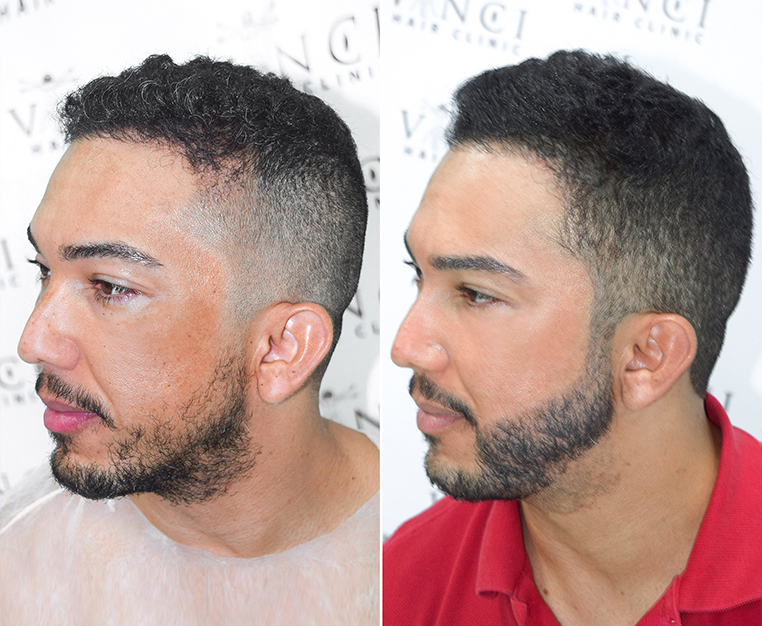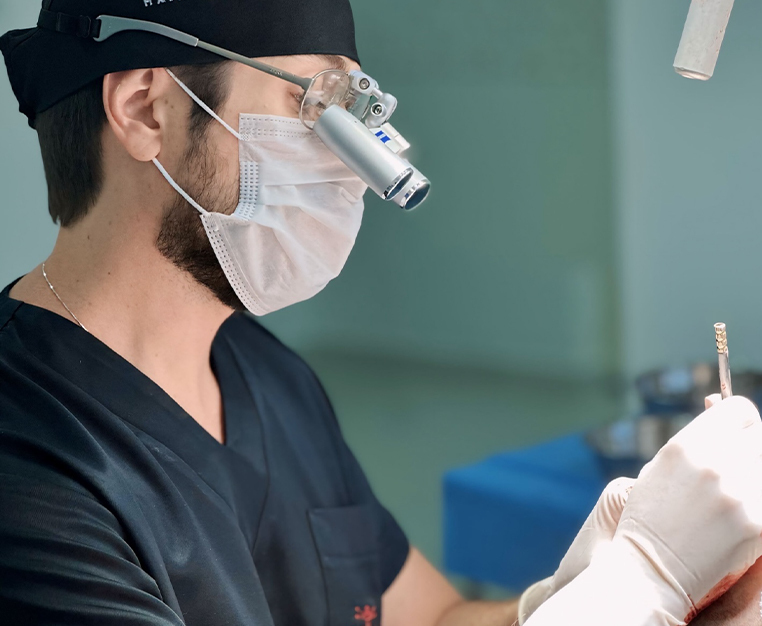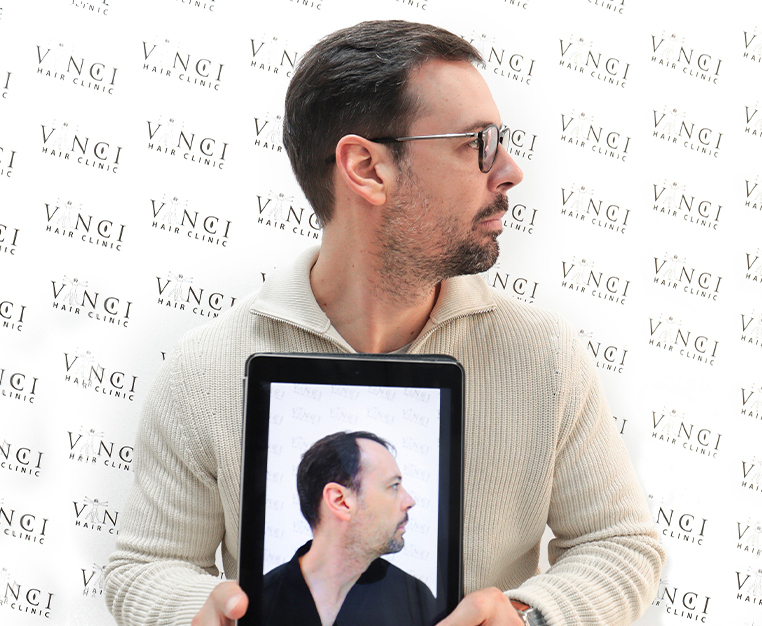Hair loss is often dismissed as a minor matter, a cosmetics issue and no more. Such an attitude displays a woeful ignorance of what hair loss involves and the impact it can have on an individual’s mental well-being. It can be a distressing experience, particularly for women, for whom hair is often seen as a symbol of femininity and beauty. If that isn’t bad enough, hair loss can also be a symptom of underlying medical issues.
This article is going to take a close look at some of the medical conditions that can cause hair loss in women. Keep scrolling to find out more!
Common Medical Issues
Any list of common medical issues that can cause hair loss will always mention thyroid disorders. The thyroid gland plays a crucial role in regulating our metabolism, and imbalances can cause a variety of symptoms including hair loss. Hypothyroidism, or an underactive thyroid, can cause hair to become thin and brittle, while hyperthyroidism, or an overactive thyroid, can cause hair to fall out in clumps. Other symptoms of thyroid disorders can include fatigue, fluctuations in weight and a change in heart rate.
Women in their reproductive years may be affected by Polycystic ovary syndrome (PCOS). This is a hormonal disorder that can cause irregular periods, acne, weight gain, and yes, hair loss. While exact figures aren’t known, it’s thought to be a common disorder, affecting as many as one in ten women in the UK. Symptoms of PCOS may include infertility, insulin resistance and excess hair growth, but many women don’t experience any symptoms at all. PCOS can cause thinning hair and hair loss because the hormonal imbalances associated with the condition can interfere with the hair growth cycle.
Iron deficiency anaemia arises when a lack of iron in your system results in a fall in the number of red blood cells. That’s bad news since your red blood cells are repositories for oxygen and transport it around your body. Iron deficiency anaemia also spells trouble for your strands, as iron is an essential mineral for healthy hair growth, and a lack of it can lead to hair loss. Other symptoms of the condition include fatigue, weakness, and pale skin.
Autoimmune disorders happen when the body’s own defence mechanism starts to attack healthy tissues. Conditions such as alopecia areata and lupus fall into this category, and both can cause your hair to fall out in patches or clumps. Other symptoms of autoimmune disorders may include joint pain, fatigue and skin rashes.
Central centrifugal cicatricial alopecia (CCCA) is a form of hair loss that mainly affects black women. It is characterised by hair loss at the crown of the head, which gradually spreads outward. The exact cause of CCCA is unknown, but it has been linked to genetic changes in about 25% of cases, as well as to type 2 diabetes. CCCA is also thought to be related to the use of certain hairstyles, such as braids, weaves and chemical relaxers.
When to See a Doctor
If you suspect that your hair loss is related to a medical issue, talk to your doctor. They can perform a physical exam and run blood tests to check for any underlying conditions. Depending on the results, they may recommend treatment options such as medications, supplements, or lifestyle changes.
If your hair loss is related to a medical condition, treating the underlying issue may help to slow down or even reverse the hair loss. For example, if you have an iron deficiency, taking iron supplements may help to promote healthy hair growth. Similarly, if you have a thyroid disorder, treating the condition with medication may help to prevent further hair loss.
In addition to medical treatment, there are also some lifestyle changes that you can make to promote healthy hair growth. Eating a healthy diet that is rich in vitamins and minerals, staying hydrated and avoiding harsh chemical treatments can all help to promote healthy hair growth.
Final Thoughts
Hair loss is often dismissed as a cosmetic issue, but it can be a sign of underlying medical problems. If you think you’re shedding more strands than usual, don’t ignore it. Talk to your doctor to get to the root of the problem and find the best treatment options for you. Once your health problems have been addressed, you can switch your focus to getting your hair back in proper order!
Getting hair back in top condition is what we do at Vinci Hair Clinic. We’re one of the leading hair restoration outfits in the world, with clinics right across the globe. We offer all our new clients a free, no-obligation consultation that can take place in person or over the phone using photographs, whatever works best for you. Get in contact today and and book your appointment!





